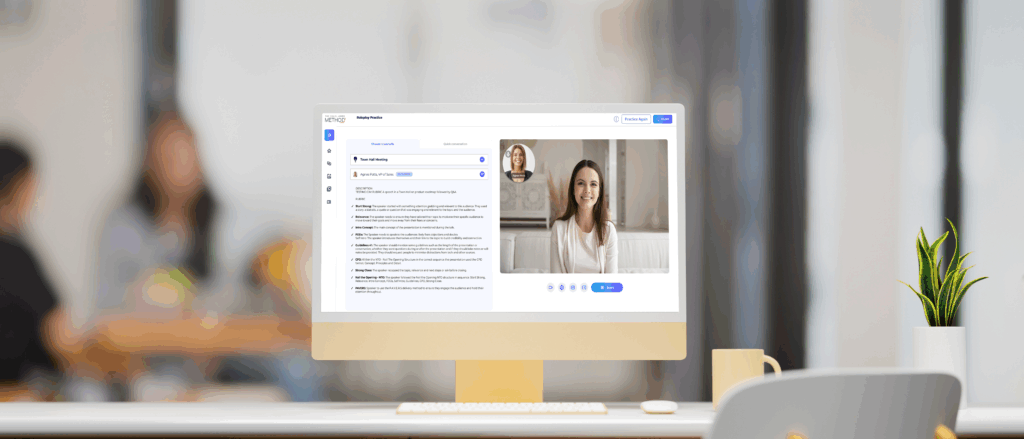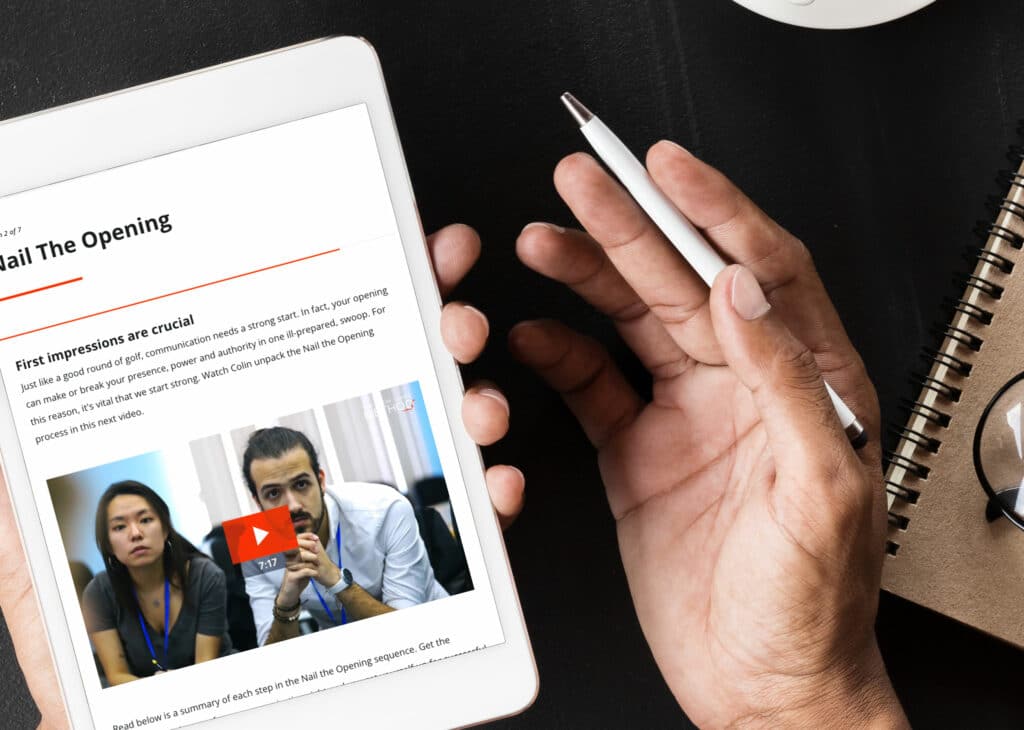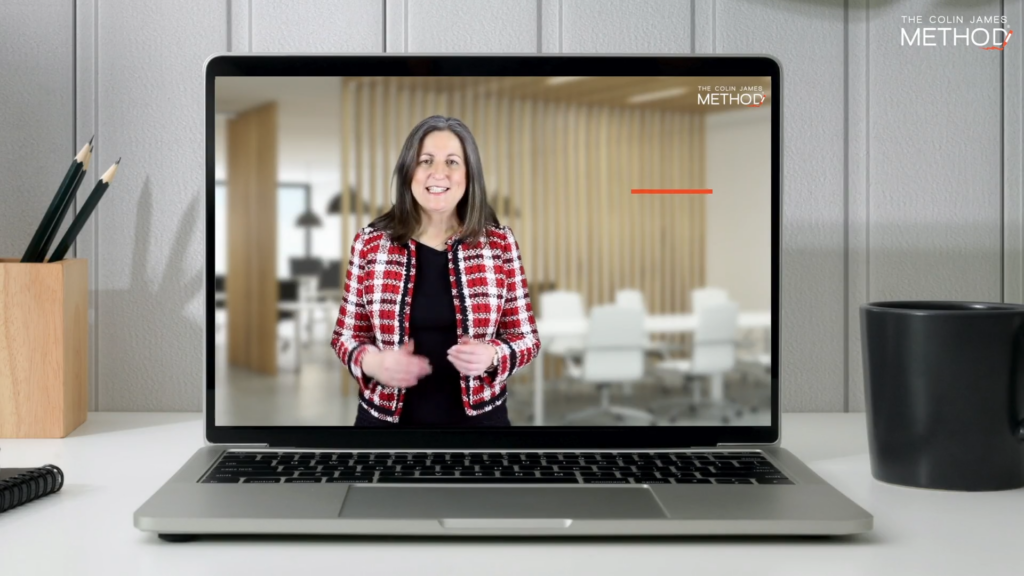The age-old debate about work-life balance, or lack thereof, is still the topic of conversation for most hard-working Australians. Interestingly, the average work hours per week have dropped in the last decade to a national average of 40.6, something that’s been attributed mainly to flexible working arrangements and technology. But as we check in and out of work every week, just how much of our ‘non-work hours’ are truly ours? Checking emails on our phones after hours might seem like an innocent pastime, but it’s encroaching on our work-life balance, along with many other factors.
However, there are a number of things you can do in the office to help make sure you still have a life once you sign off for the day. So how exactly do you best hone your leadership skills in the office to improve your work and life balance?
Learn to delegate
If you’re still tapping away on the keyboard long after the small hand has struck five, you might want to learn how to properly delegate. After all, the art of delegating is synonymous with great leadership. Understanding what your workload looks like and delegating tasks for yourself and to others can be the difference between finding your work-life balance or not.
Switch off
Technology has enabled us to work from anywhere and anytime of the day and night. Smartphones, laptops, tablets, even watches can now provide information 24/7. Great, isn’t it? Well, it’s brilliant on one hand, but can be detrimental to the dream work-life balance we all aspire to.
Old habits die hard. So just as soon as you’ve scanned your social channels and news feeds at night, you’ll likely flip over to check in on your work emails. Before you know it, the balance is gone, as work emails are arriving and being processed at home in your own free time.
Switching off your work emails on your personal mobile devices is one of the easiest ways to make sure you don’t take the office home with you. If it’s compulsory that you have your emails on your devices, consider turning your notifications off and make strict guidelines for yourself to check them only up until a particular time in the day. As a leader, it’s always a great example to set for your colleagues so they know you see the importance of a work-life balance for yourself, and for them, too.
Set your boundaries
When it comes to managing your time and workload in the office, don’t be afraid to set boundaries. Taking a lunch break is a great way to give your brain a rest and can even be attributed to boosting productivity. If you’re used to skipping lunch breaks, try to schedule time in your day to take a mental break instead. Make sure this time is in the diary, so it is not shown as available. It is only this kind of discipline that regularly guarantees your time is your own.
Manage expectations
Good leadership skills require great communication and exceptional expectation alignment. What does this look like in reality?
Firstly, communication goes both ways – and so you’ll often be asked to take on some extra work during a conversation as well. One of the best leadership skills to develop is saying no to work that is not core to your objectives, and that will, therefore, put too much pressure on yourself and your team. If you do have to take on extra work, make sure you are really clear and realistic with delivery timeframes, so as not to be spending Sunday afternoons in the office while the kids are at the beach.
If you can’t say no when it counts, you can bank on being stressed, exhausted and teetering off track when it comes to your own goals. Not a good leadership look, and not the message you want to deliver to your team.
Secondly, it means preparing for communicating with people – whether it is your managers, your peers or with a single team member. Actively thinking about who you’re talking to, what they need to hear in order to act, and what your key message items are, will not only help you to communicate more quickly but will also help you to jumpstart people into action more quickly.
Lastly, it means less is more. Keep your talk to bite-sized chunks that are impactful and easily remembered. Try not to kill people with PowerPoint, please.
Want to become an even better leader than you already are? Sharpen your skills with the power of online learning. Join our online communication skills course today.

The Colin James Method® Facilitators train corporate executives to improve their leadership skills with a proven methodology. Our highly trained Facilitators and Coaches are recognised for their experience in their fields and have worked with many individuals and organisations around the world to master the art of communication.










